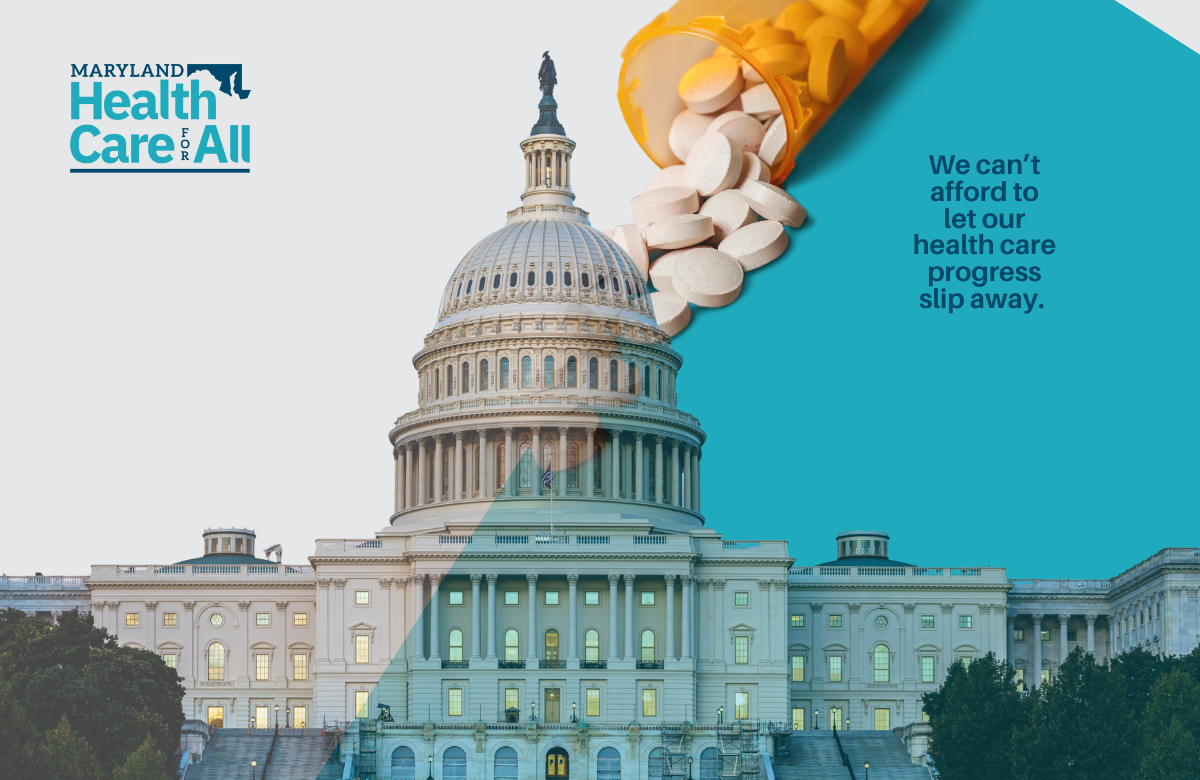Brewery founder says new levy would cost consumers more than ‘10 cents per drink’
The Gazette
Tuesday, Jan. 4, 2011
by Sarah Breitenbach
BALTIMORE — More than 60 percent of likely Maryland voters favor an increase to the state’s alcohol tax if the money is used for health-related priorities, according to a poll released Tuesday by the Maryland Citizens’ Health Initiative.
The group used the report to make the case that voters would be amenable to its proposal to increase taxes on beer, wine and spirits by 10 cents per drink and use the proceeds to support the state Medicaid program, as well as services for addiction treatment and prevention, mental health care and the developmentally disabled. The poll was conducted from Dec. 20 to Dec. 28 and surveyed 663 likely voters.
“Why is it good policy? Because it saves lives. Like a tobacco tax increase, no matter how you use the money, it will save lives,” said Vincent DeMarco, president of Maryland Citizens’ Health Initiative.
A study by researchers at the Johns Hopkins Bloomberg School of Public Health on the economic impact of increasing the tax suggests it would cost average Marylanders $10.83 more a year to buy alcohol and deter minors from drinking, while shifting the majority of the tax burden to binge and heavy drinkers.
Of those surveyed, 66 percent said they would support a tax increase if revenues were used for health priorities, 55 percent also said they would favor the tax if monies were used for deficit reduction, and 31 percent opposed the tax entirely. A similar poll conducted last year concluded more than 70 percent of Marylanders favored the increased alcohol tax.
“We know from our work that other sorts of tax proposals do not enjoy this kind of support,” said Steve Raabe, president of OpinionWorks the group commissioned to conduct the poll.
Hugh Sisson, founder and general partner of the Clipper City Brewing Co., said a tax hike would raise prices far more dramatically than DeMarco’s group maintains, estimating that because the tax is levied on the wholesaler, a case of beer could end up costing consumers as much as $5 more than it does now, after distributor and retailer markups.
Raising the tax could generate $215.6 million in new revenue, directing more than 42 percent, or $90.5 million, toward a Medicaid trust fund in fiscal 2012, according to DeMarco.
Even if that money were directed away from health programs toward the Maryland’s $1.6 billion deficit, it would be a drop in the bucket for state coffers, Sisson said.
“There isn’t a legislator in the General Assembly who I don’t think would prefer to stick any monies that come in into the general fund,” he said.
DeMarco championed the tax through the fall campaign season, and he said 20 senators and 64 delegates signed on to support the measure. He is confident he will gather the four votes in the Senate and seven in the House needed to pass the legislature.
Last modified: January 5, 2011



